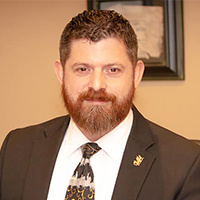Wilkeson Criminal Lawyer, Washington
Sponsored Law Firm
-
 x
x

Click For More Info:
-
Schroader Law, PLLC
1105 Tacoma Ave S Tacoma, WA 98402» view mapCriminal Defense Exceptional Legal Service
Schroader Law, PLLC offers superior service from start to finish. Attorney Schroader is a knowledgeable lawyer offering comprehensive legal advice with realistic expectations.
800-916-9671
P. Gail Crawford
Federal, Estate Planning, Family Law, Criminal
Status: In Good Standing Licensed: 40 Years
Tara L. Bussey
Commercial Real Estate, Federal Appellate Practice, Criminal, Real Estate
Status: In Good Standing Licensed: 44 Years
Veronique Cantrell-avloes
Juvenile Law, Other, Family Law, Criminal
Status: In Good Standing Licensed: 20 Years
Christina Ann Eunson
Workers' Compensation, Criminal, Civil & Human Rights, Personal Injury
Status: In Good Standing Licensed: 18 Years
Christina Eunson
Workers' Compensation, Criminal, Civil & Human Rights, Personal Injury
Status: In Good Standing Licensed: 18 Years
 Dennis Schroader Tacoma, WA
Dennis Schroader Tacoma, WA Practice AreasExpertise
Practice AreasExpertise
